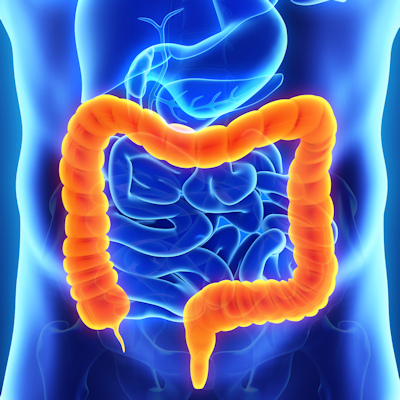 Scientists unlock the secrets of gut coil development
Scientists unlock the secrets of gut coil development
Scientists now have a better understanding of embryo gut development: They've learned the counterclockwise gut rotation that occurs when the organ is formed is orchestrated by two waves of the transcription factor Pitx2 Read More
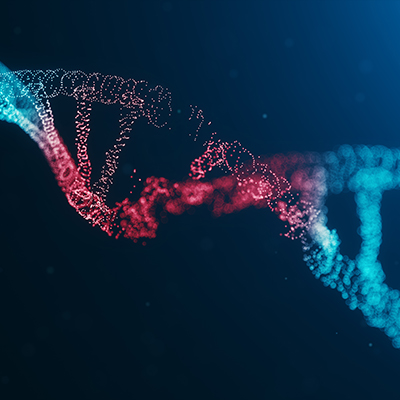 Researchers learn why carp virus inhibits host cell immune system
Researchers learn why carp virus inhibits host cell immune system
Belgian researchers have learned how a carp virus uses the protein domain Zalpha (Zα) to inhibit the defense mechanisms of the host cell. The discovery has implications for how Zα domain-containing proteins of the immune system function. Read More
 CZI and Harvard University leaders celebrate launch of Kemper Institute
CZI and Harvard University leaders celebrate launch of Kemper Institute
Chan Zuckerberg Initiative (CZI) and Harvard University leaders celebrated the launch of the new Kempner Institute for the Study of Natural and Artificial Intelligence with a symposium held at Harvard's campus on September 22. Read More
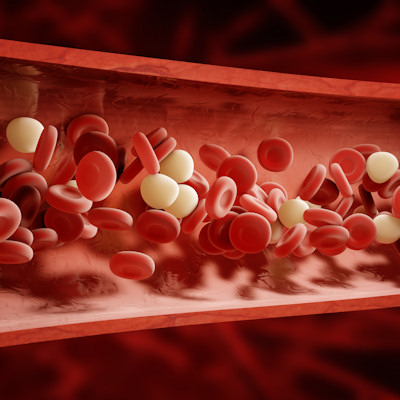 UVA discovery could increase platelet production, alleviate blood shortages
UVA discovery could increase platelet production, alleviate blood shortages
A new discovery from the University of Virginia (UVA) School of Medicine could let doctors increase the production of blood-clotting platelets on demand. Read More
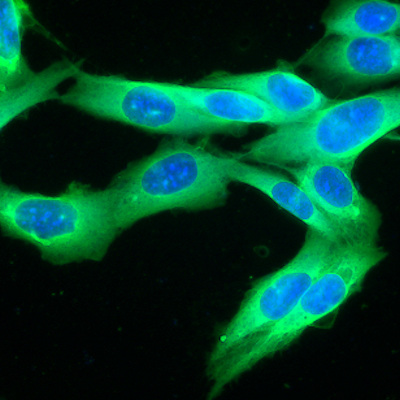 Swiss researchers awaken dormant cells to fight melanoma
Swiss researchers awaken dormant cells to fight melanoma
Researchers from the University of Geneva and the University Hospitals of Geneva have identified a drug-targetable mechanism whose blockage reduces metastatic melanoma cells’ resistance to treatment. Read More
 NIH announces $600M in awards to launch next phase of BRAIN Initiative
NIH announces $600M in awards to launch next phase of BRAIN Initiative
The National Institutes of Health (NIH) has announced more than $600 million in additional funding for its Brain Research Through Advancing Innovative Neurotechnologies (BRAIN) Initiative, which is aimed at revolutionizing the understanding of the human brain. Read More
 Researchers discover origins of high-risk molecular subgroups of medulloblastoma
Researchers discover origins of high-risk molecular subgroups of medulloblastoma
St. Jude Children’s Research Hospital scientists have found the origins of two medulloblastoma groups in the cerebellum’s rhombic lip, which may pave the way for improved research models and therapies. Read More
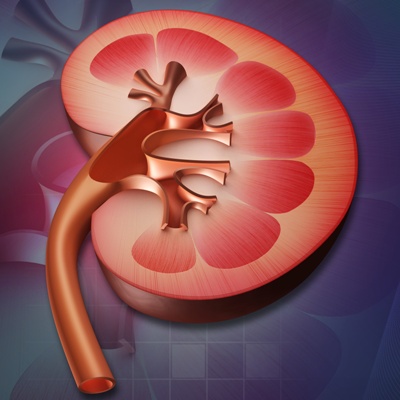 Scientists use organoids, organ-on-chip to replicate kidney disease environment
Scientists use organoids, organ-on-chip to replicate kidney disease environment
A team of scientists combined organoids with organ-on-a-chip technology to replicate the disease process underlying autosomal recessive polycystic kidney disease. Read More
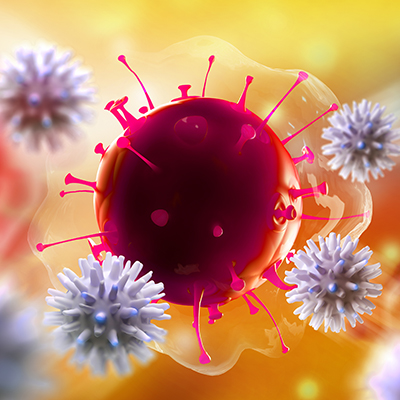 Scripps researchers solve mystery of certain excessive inflammation
Scripps researchers solve mystery of certain excessive inflammation
Researchers at Scripps Research in La Jolla, CA have discovered the cellular mechanism that underpins excessive inflammation in the body. This revelation could lead to new ways of preventing and/or treating inflammation-related conditions. Read More
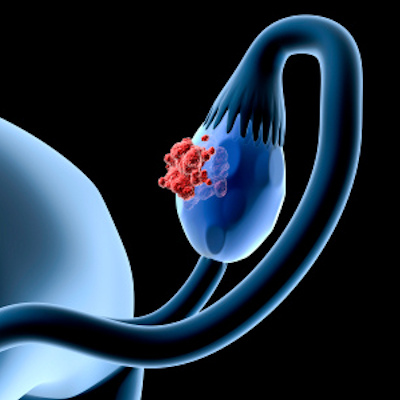 Deleting certain gene leads to ovarian cancer remission: study
Deleting certain gene leads to ovarian cancer remission: study
A team of researchers has used a machine-learning algorithm to identify “backup genes” that only tumor cells use and could lead to new discoveries that support precision medicine efforts. Read More
Member Rewards
Earn points for contributing to market research. Redeem your points for merchandise, travel, or even to help your favorite charity.
Research Topics
Interact with an engaged, global community of your peers who come together to discuss their work and opportunities.
Connect
Tweets by @ScienceBoard



